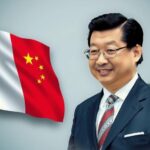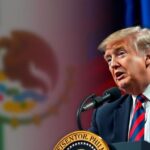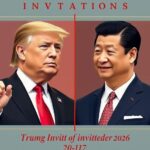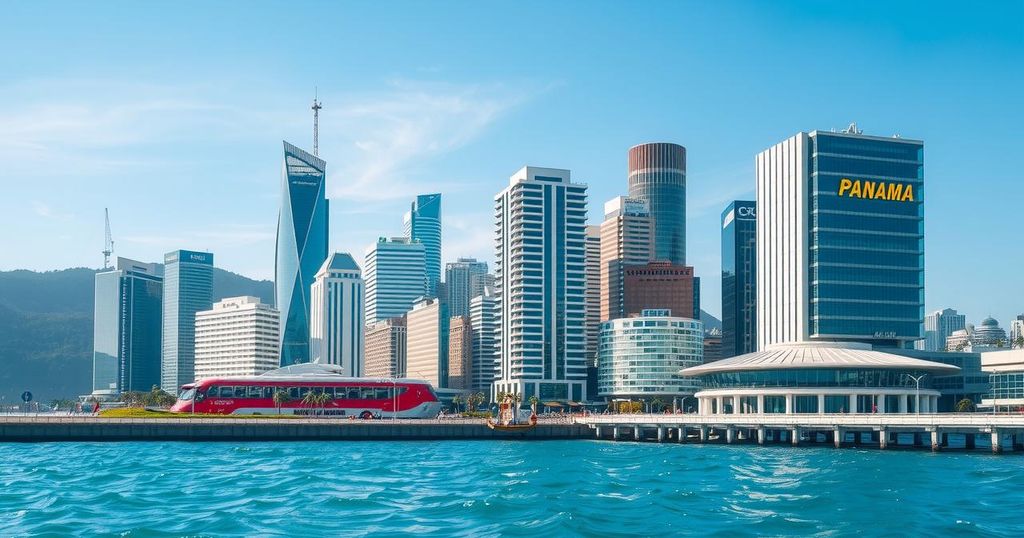Politics
ASIA, BELT AND ROAD, CHINA, CK HUTCHISON HOLDINGS, CNN, CORRUPTION, DONALD TRUMP, FOREIGN POLICY, HUTCHINSON PORTS, JAVIER MARTINEZ - ACHA, MARCO RUBIO, MEXICO, MU, MULINO, NATIONAL SECURITY, NORTH AMERICA, PANAMA, PANAMA CANAL, PANAMA PORTS, PANAMA PORTS COMPANY, SOUTH CHINA SEA DISPUTE, UNITED STATES, US, US STATE DEPARTMENT
Omar El-Sharif
Panama’s President Declines Belt and Road Deal, Focusing on U.S. Ties
Panama’s President Raúl Mulino confirmed that the country will not renew its Belt and Road agreement with China, prioritizing national sovereignty over the Panama Canal amidst U.S. pressure. The president expressed a desire for increased U.S. investments and outlined plans to address illegal migration costs with U.S. support.
Panama’s President Raúl Mulino announced that the country will not renew its memorandum of understanding with China regarding the Belt and Road Initiative. This statement came during discussions with U.S. Secretary of State Marco Rubio, emphasizing Panama’s sovereignty over the Panama Canal amid U.S. concerns about Chinese influence. Mulino suggested that the existing agreement with China could end prematurely and highlighted Panama’s intention to pursue new investments, particularly from the United States.
The Panama Canal serves as a crucial passage for international trade and has been under Panama’s control since the U.S. handed it back in 1977, establishing its neutrality. The U.S. fears potential Chinese control over the canal, affecting its strategic interests. Panama’s decision to distance itself from Chinese projects coincides with American calls for minimizing Chinese influence in the region and could invite increased U.S. investment.
In summary, President Mulino’s refusal to renew the Belt and Road deal with China marks a significant pivot towards strengthening ties with the United States. His focus on realizing infrastructure investments reflects a desire to enhance Panama’s sovereignty while addressing American concerns. The ongoing audit of a key Chinese-operated port company further exemplifies Panama’s cautious approach to foreign influence and strategic partnerships.
Original Source: www.cnn.com








Post Comment